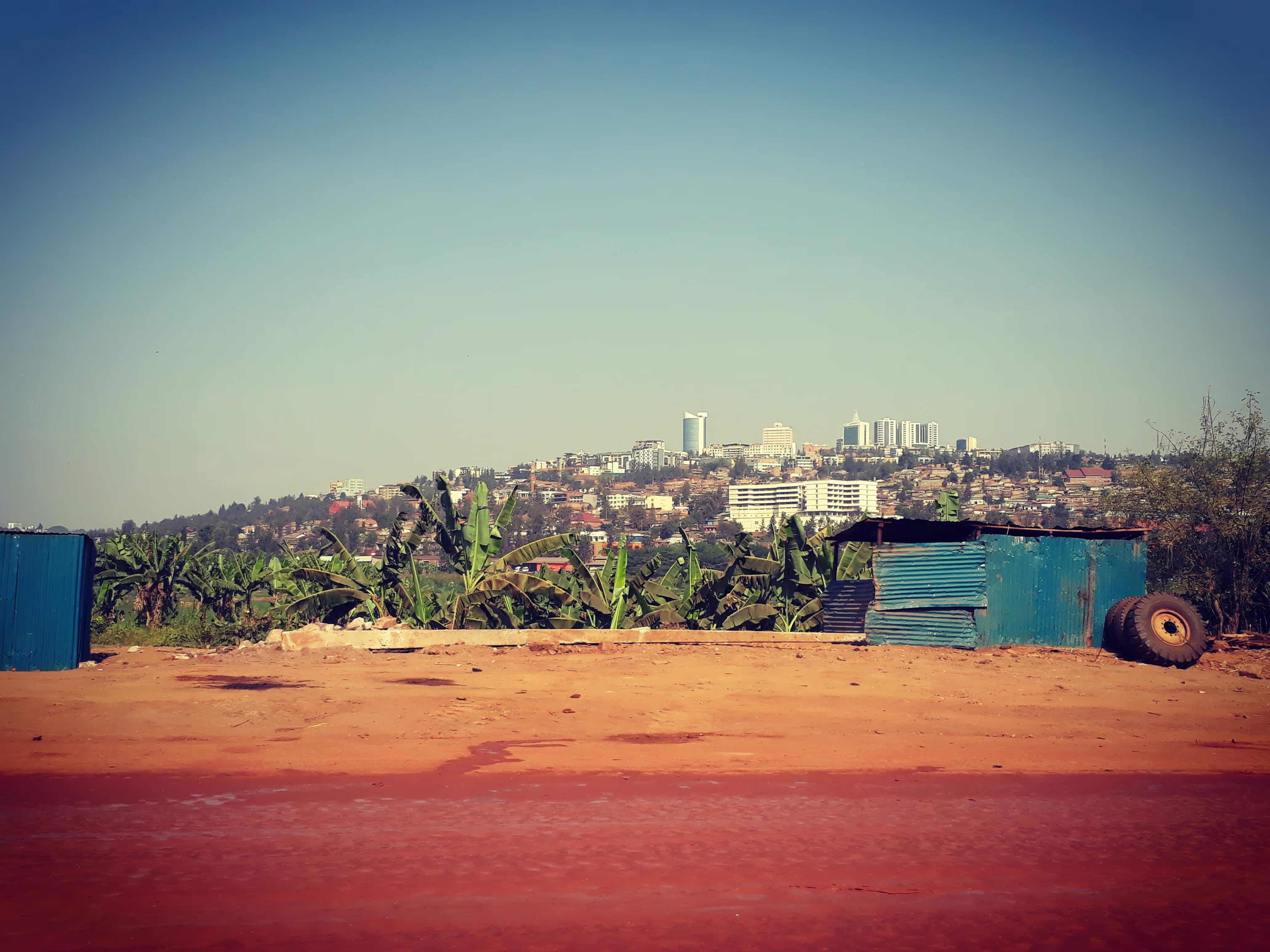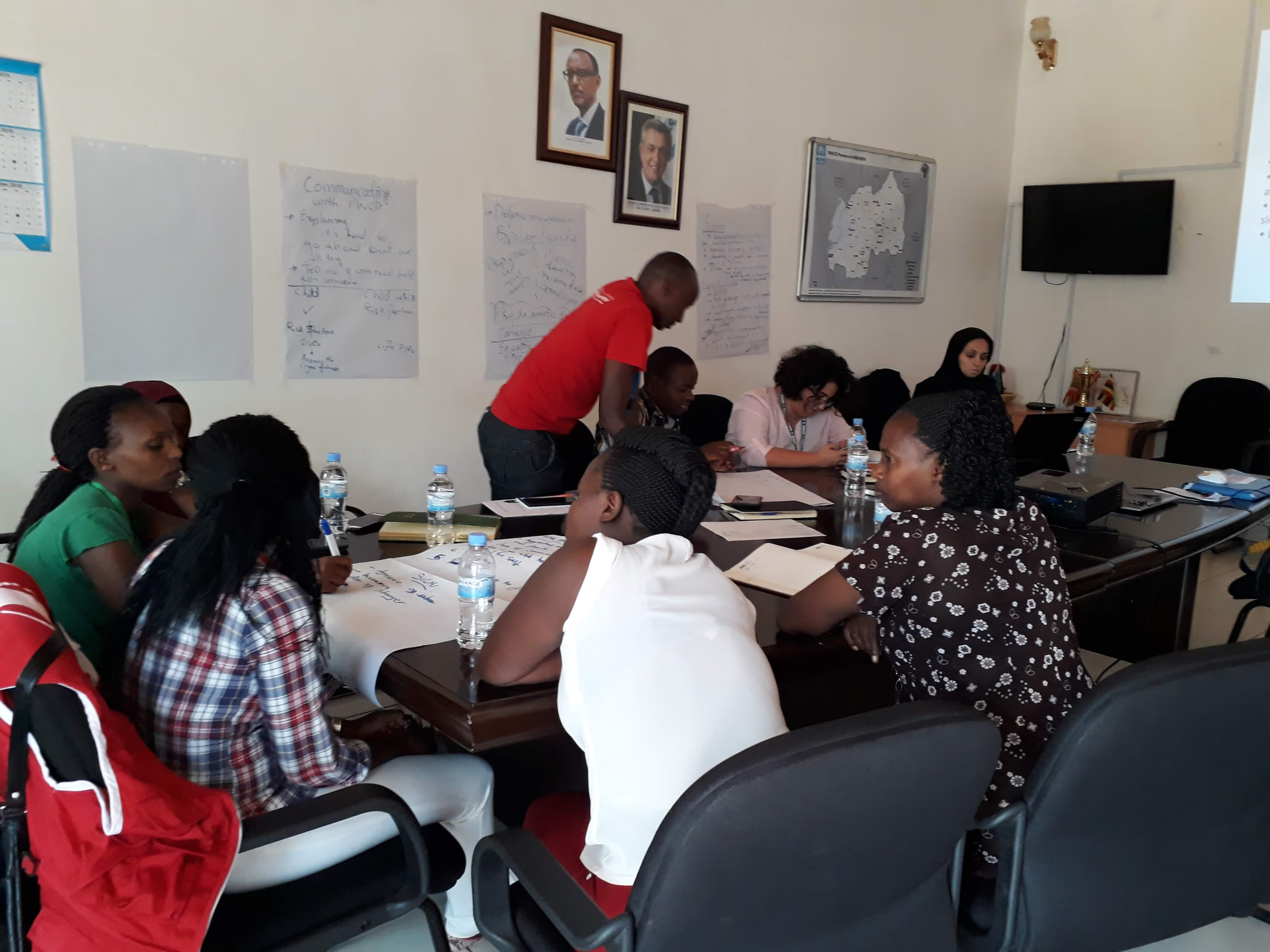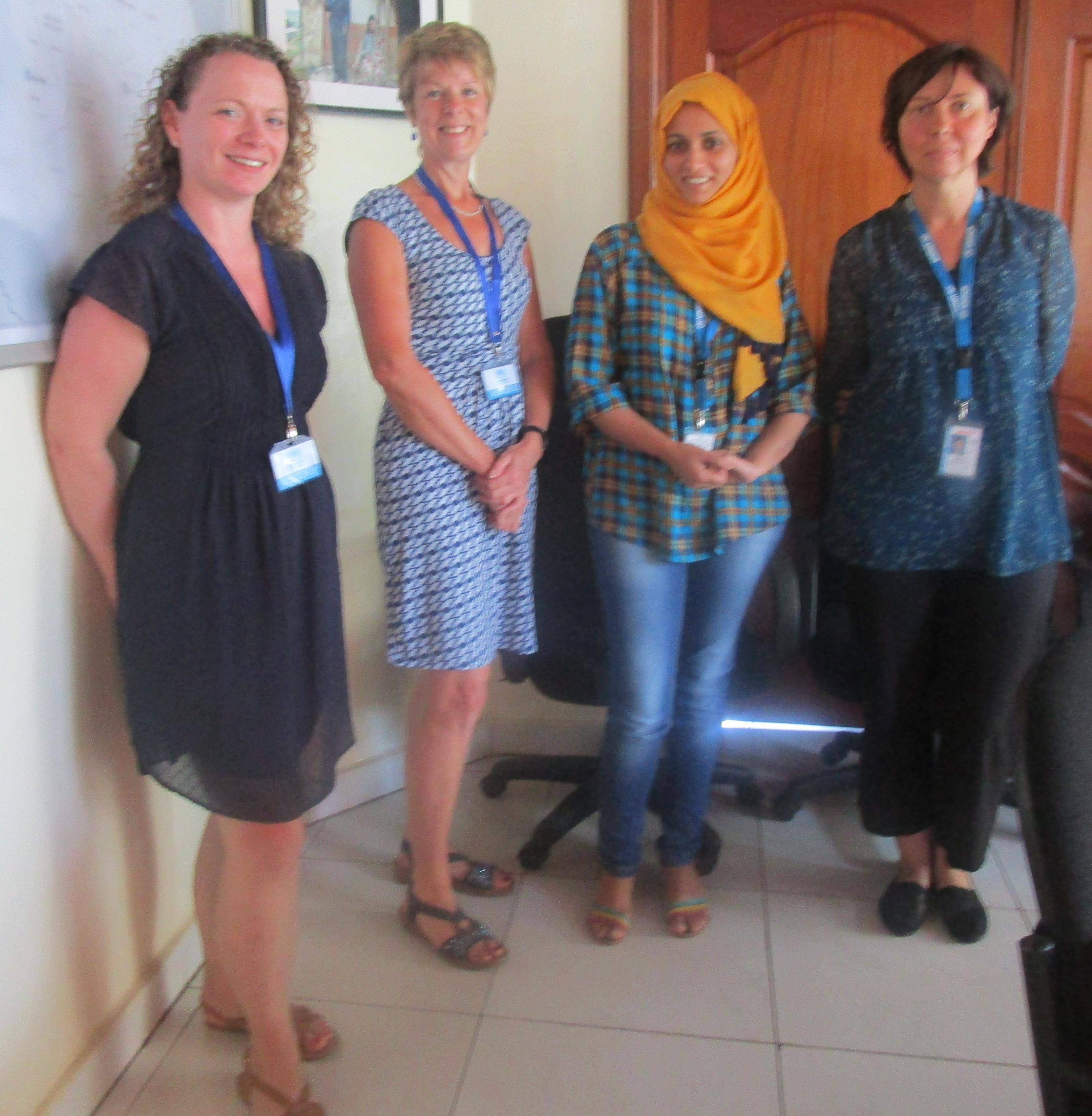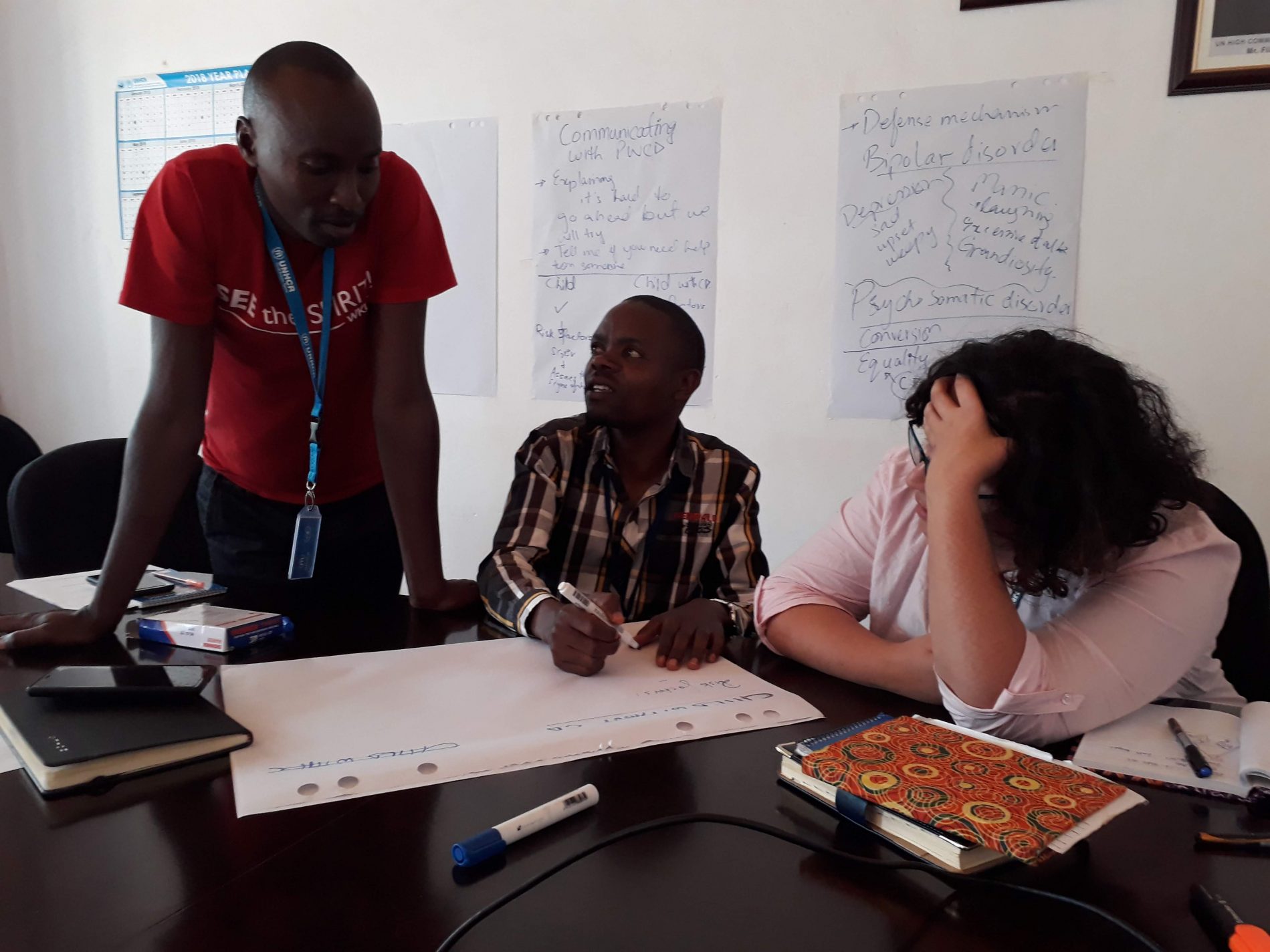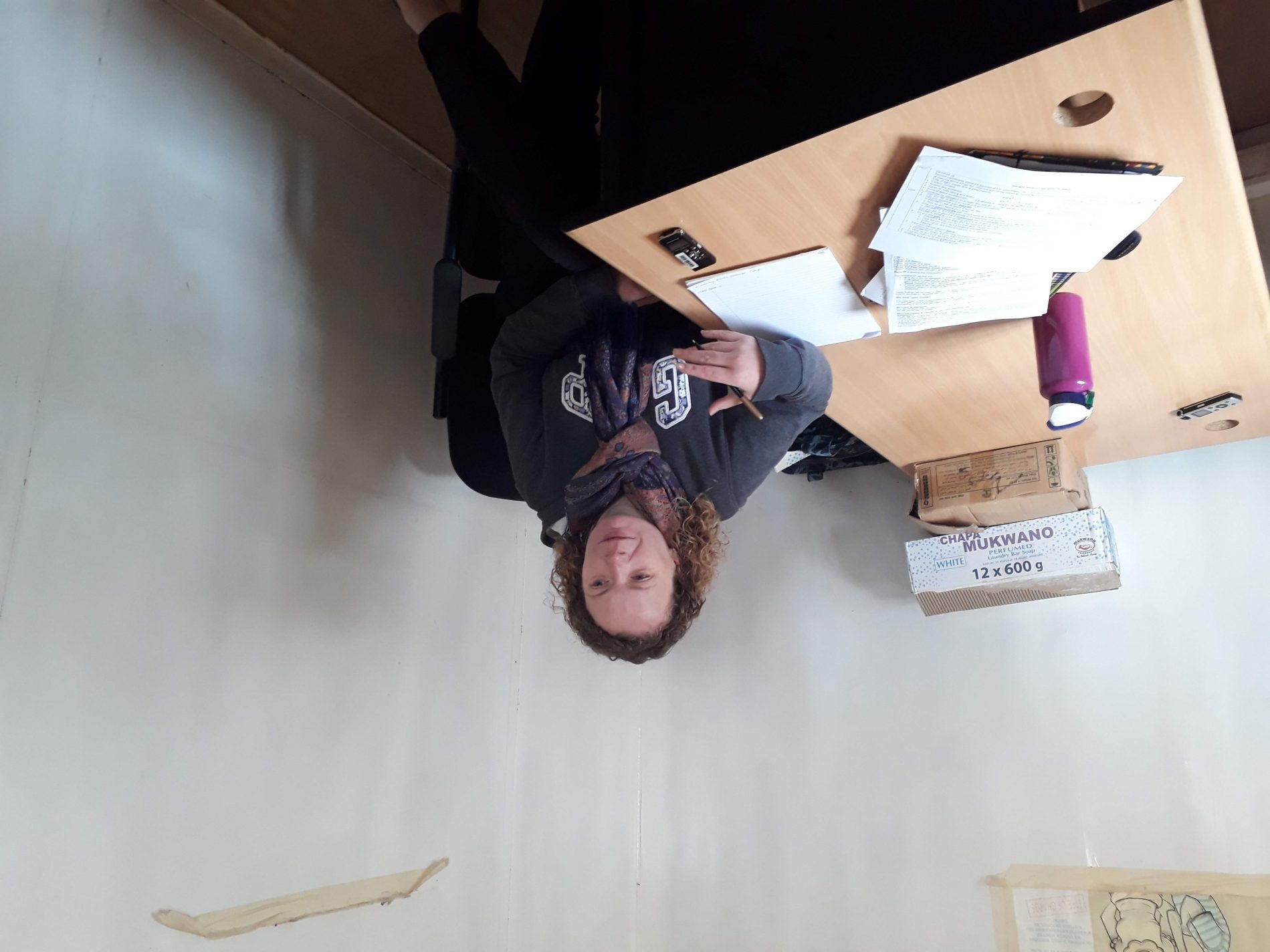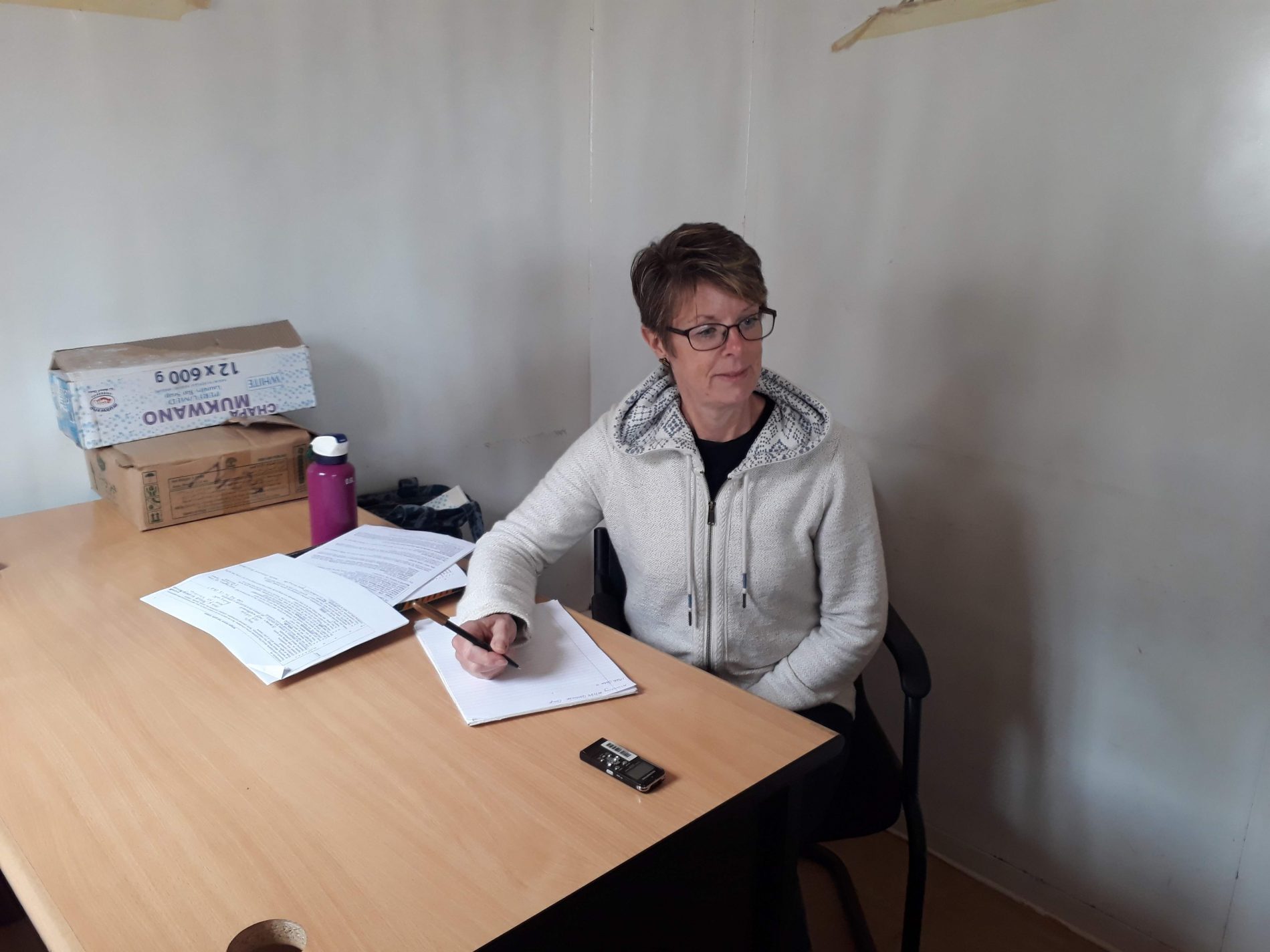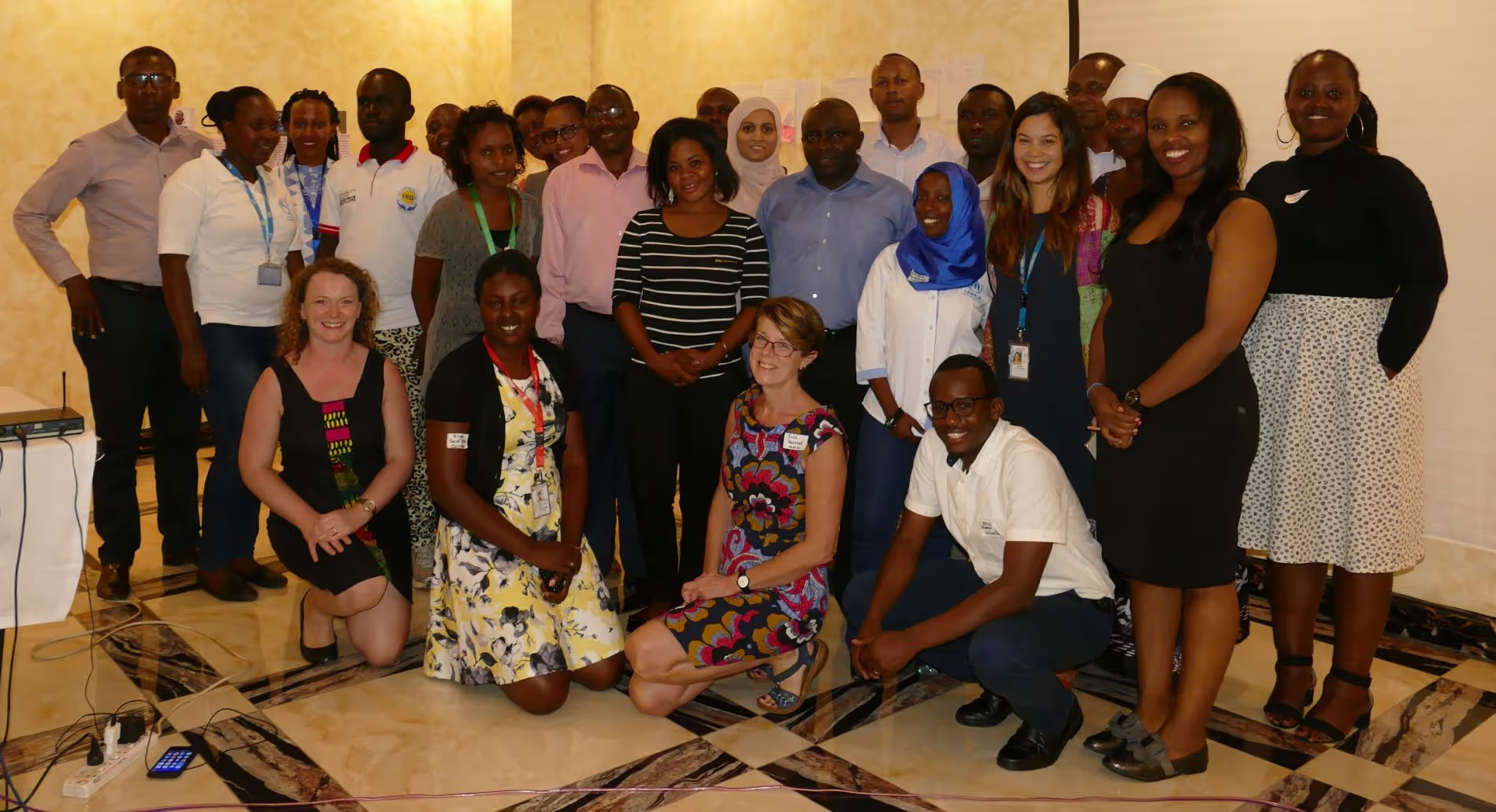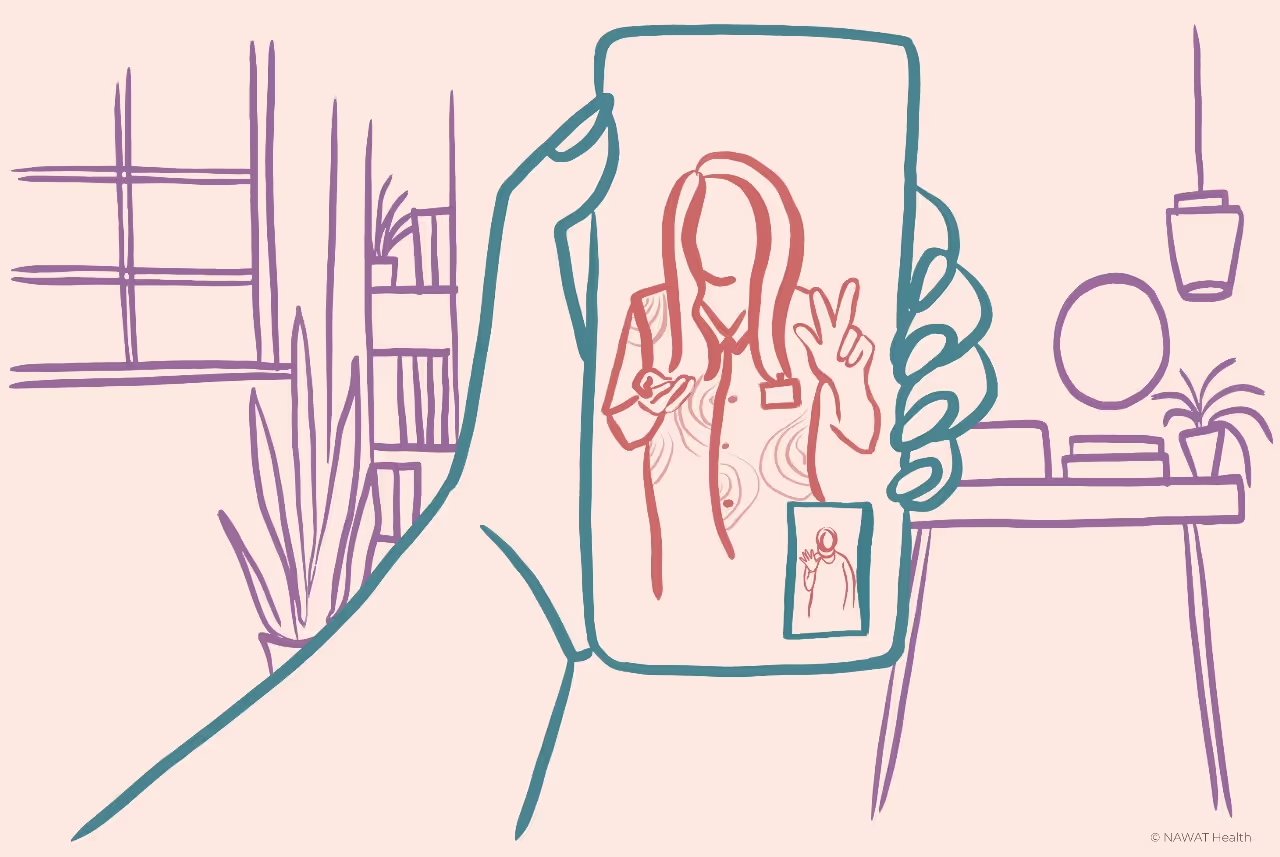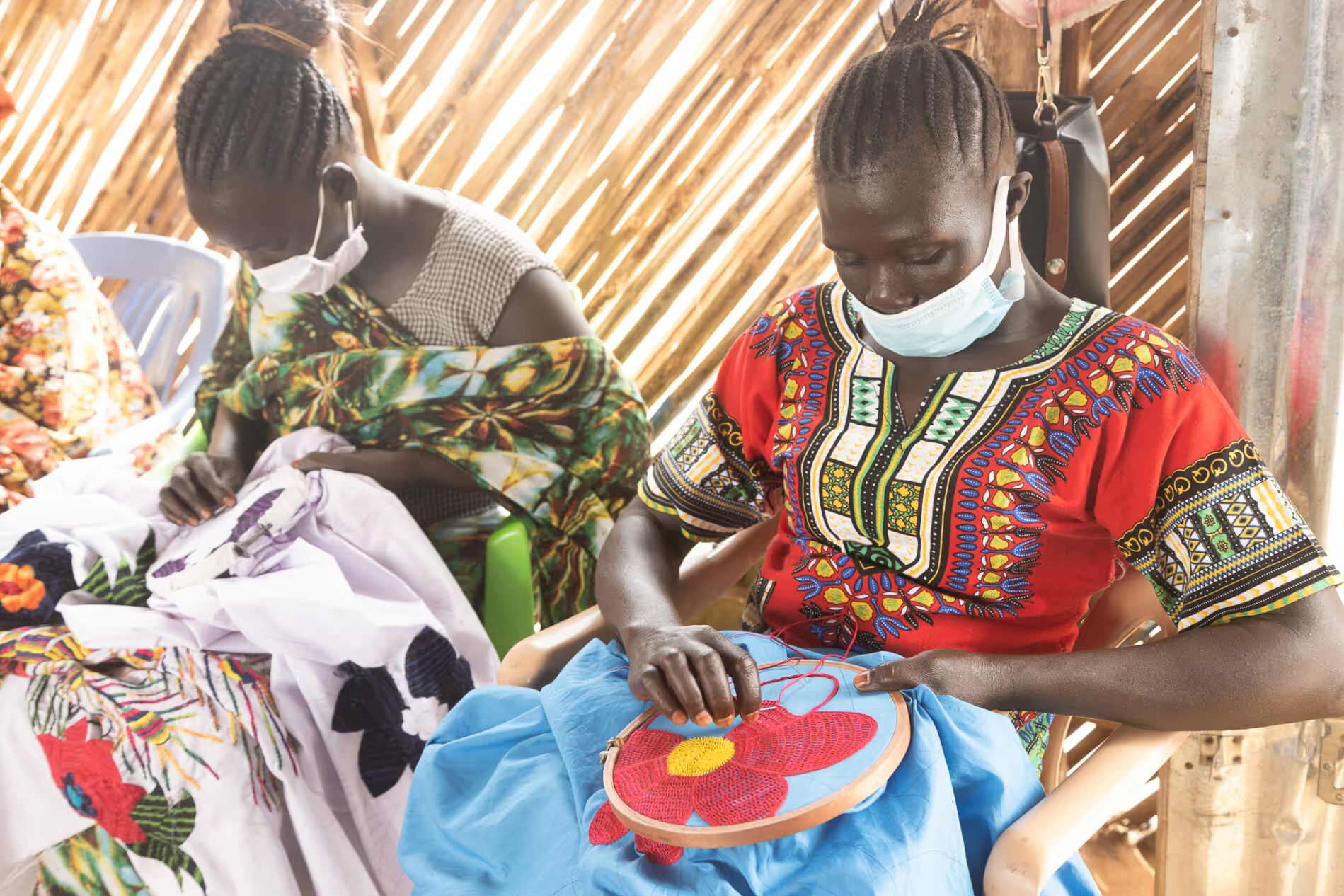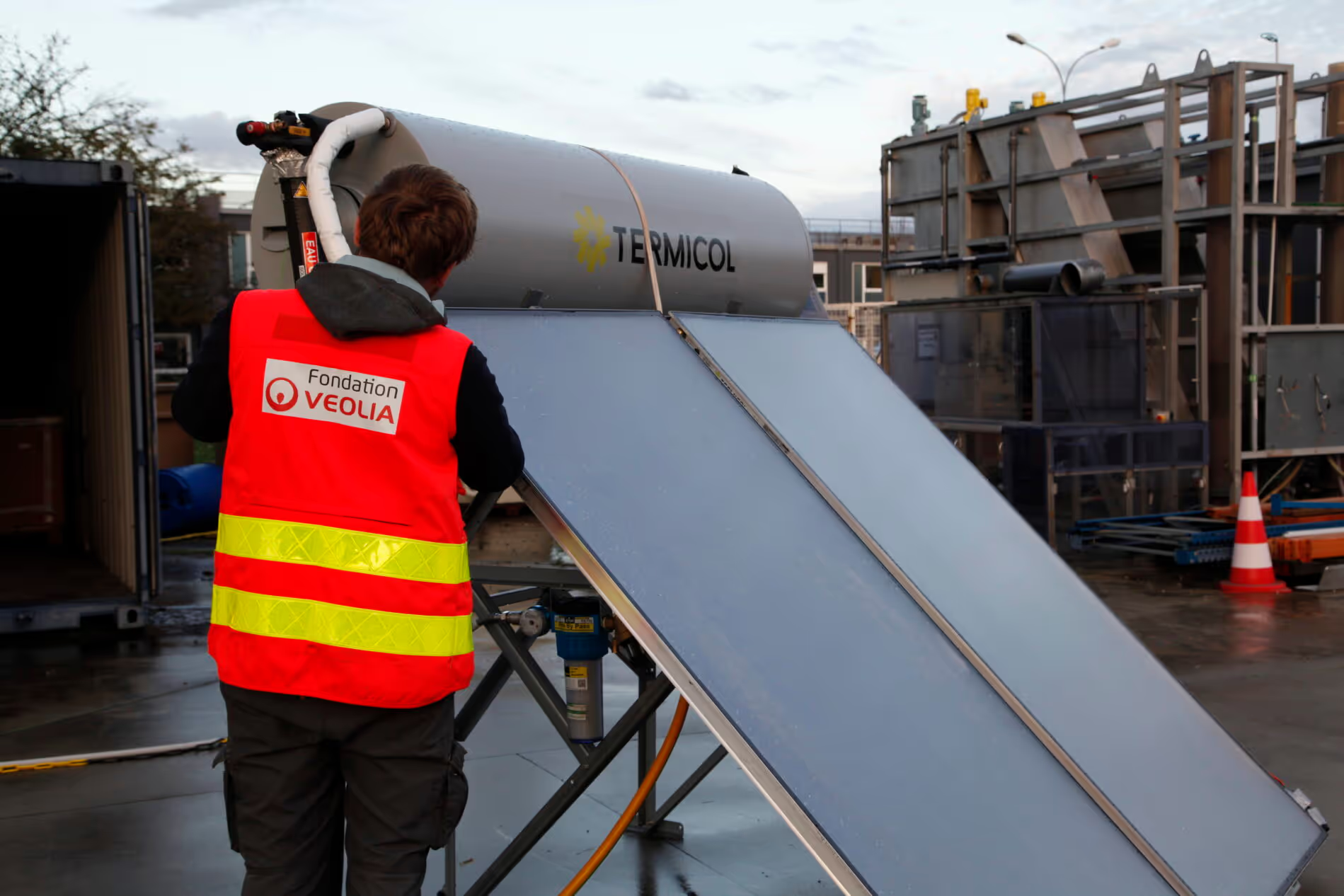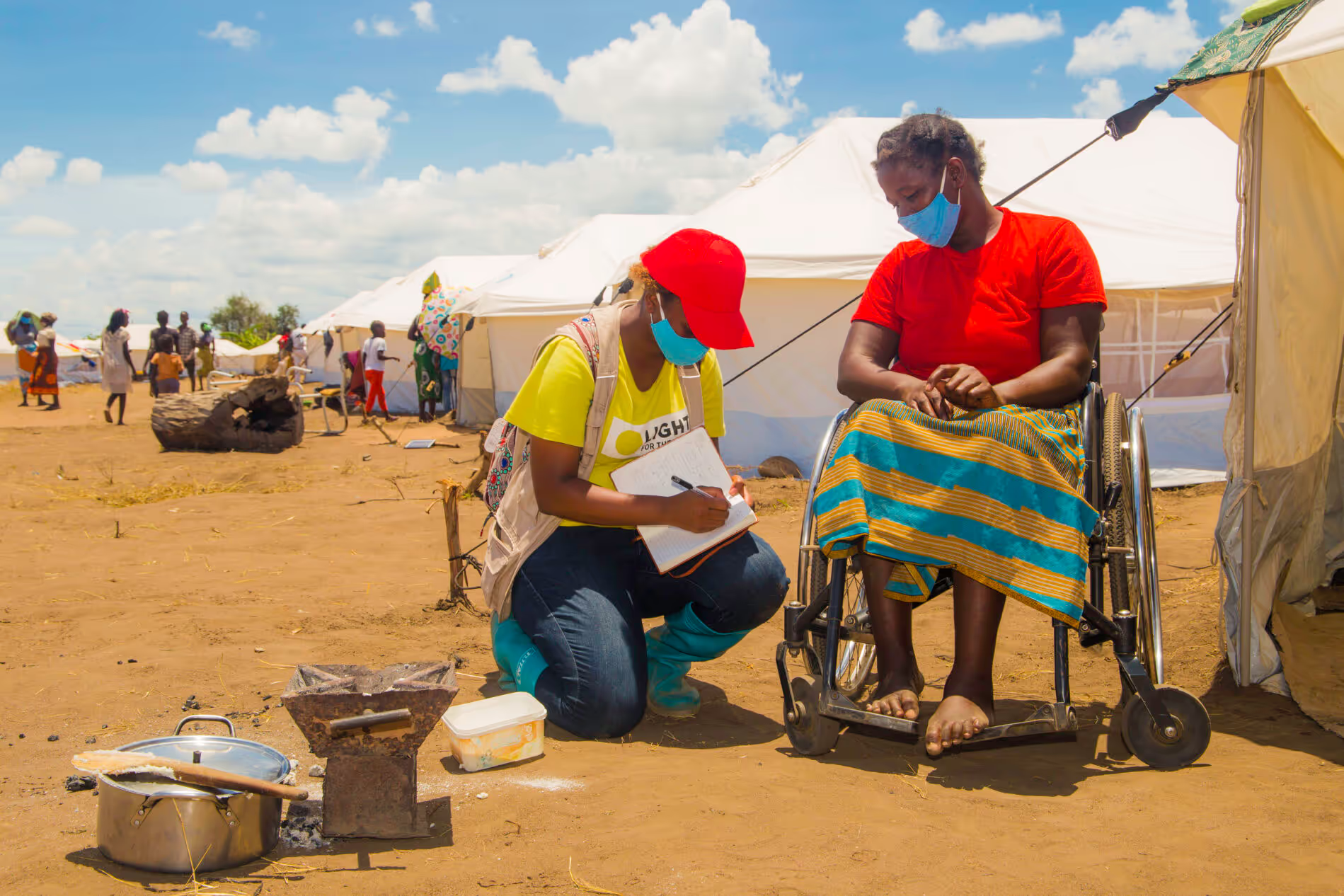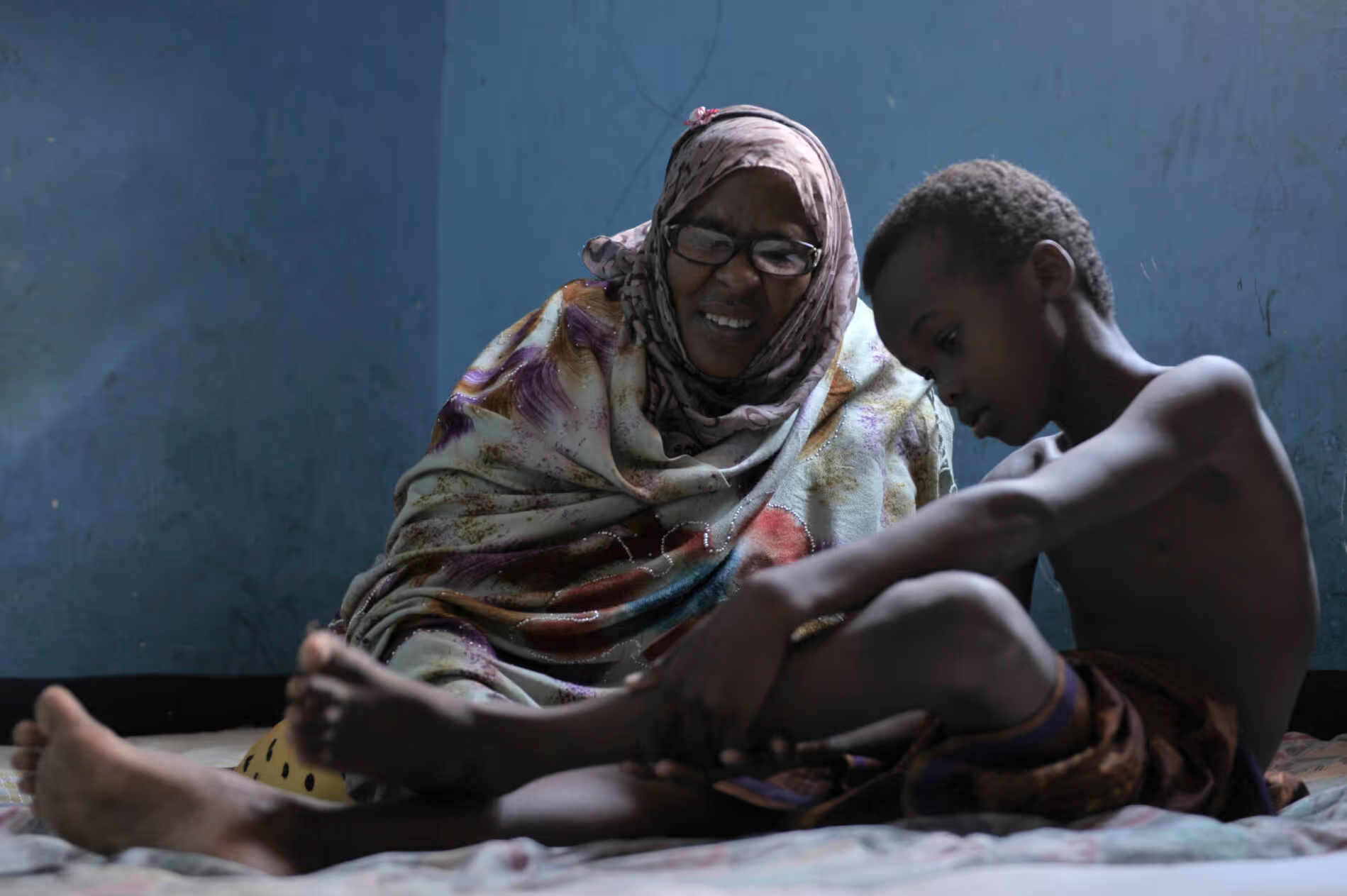SGBV prevention services for refugees with communication disability
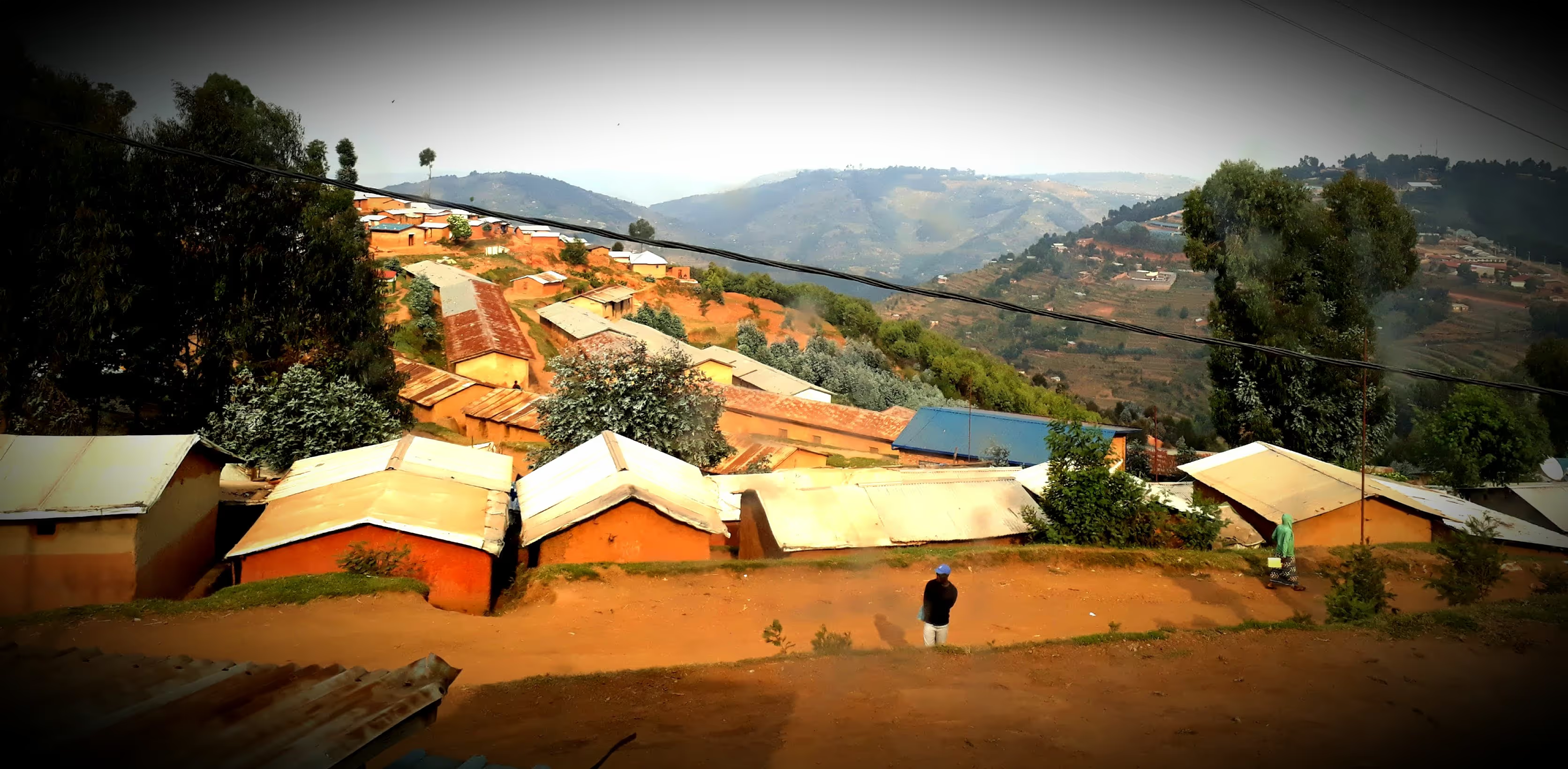
Project overview
MMU, UNHCR Rwanda and CG are investigating the service access, and community protection, needs of refugees with communication disabilities in Rwanda, in relation to SGBV prevention and response mechanisms.
Countries
Rwanda
Organisations
Manchester Metropolitan University
Partners
UNHCR Rwanda and Communicability Global
Area of funding
Humanitarian Innovation
Grant amount
42182
Start date
04
January
2018
End date
04
November
2018
Project length (in months)
10.2
Funding calls
No items found.
Topics
Inclusion
Human rights and security
Health systems and services
Status
Closed
Project solution
This project offers [specific solution or intervention] to tackle [challenge]. By implementing [strategies, tools, or innovations], the project aims to achieve [desired outcomes]. The approach is designed to [specific actions or methods] to bring about meaningful change in [community, region, or issue area].
Expected outcomes
This project aims to achieve [specific outcomes], such as [measurable results, improvements, or changes]. The expected impact includes [benefits to the target community, advancements in research or innovation, or long-term effects]. By the end of the project, we anticipate [specific changes or milestones] that will contribute to [broader goals or objectives].
No items found.
Summary
MMU, UNHCR Rwanda and CG are investigating the service access, and community protection, needs of refugees with communication disabilities in Rwanda, in relation to SGBV prevention and response mechanisms.
What is the humanitarian need?
People with disabilities (PWDs) are under-identified in humanitarian contexts and many fail to access the support they need. Those who are identified often have visible impairments. Up to 50% of PWD may have a communication disability (CD) and many go unidentified.
Refugees are acknowledged to be at higher risk of sexual and gender-based violence (SGBV) than others in a community. Having a CD likely makes the reporting of SGBV challenging or impossible. There is extremely limited published reporting of Sexual and Reproductive Health Education (SRHE) and support services specifically adapted for refugee-survivors of GBV with CD.
What is the innovative solution?
In relation to responses to GBV, and SRHE for People with Communication Disabilities in Rwandan refugee camps, we will document current provision, identify good practice and challenges and make recommendations for possible ways forward. As this is a recognition stage project, the end point will be documenting potential solutions to take forward into the next stage of HIF applications.
What are the expected outcomes?
Evidence of the needs and wishes of refugees with CD, their families, and their SRHE and SGBV service providers in relation to accessible and responsive SGBV prevention and support in their communities, for use in planning responsive and accessible services in the future. We will also produce a literature review on the global practice for inclusive sexual and reproductive health education, in relation to refugees with CD.
No items found.
Project delivery & updates
Stay up to date with the latest developments from this project. Here, you will find details on what has been delivered, resources created, and regular updates as the project progresses. Access key documents, reports, and other materials to see how the project is making an impact.
No resources/updates have been published yet for this project. Sign up for our newsletter to stay informed about upcoming publications and updates!
Join our Newsletter
Resources
No items found.
Latest updates
No items found.
